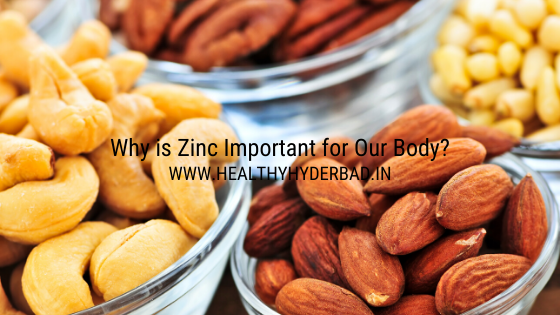What is Zinc?
Zinc is a mineral. It is an essential element because very small amounts of zinc are necessary for human health. Since the physical body doesn’t store excess zinc, it must be consumed regularly as a part of the diet. Common dietary sources of zinc include meat, poultry, and fish. Zinc deficiency can cause short stature, reduced ability to taste the food, and therefore the inability of testes and ovaries to function properly.
Where is zinc used?
Zinc is employed for the treatment and prevention of deficiency disease and its consequences, including stunted growth and acute diarrhea in children, slow wound healing, and hepatolenticular degeneration. Zinc is also used for many other conditions.
Zinc is required for the right growth and maintenance of the physical body. It is found in several systems and biological reactions, and it’s needed for immune function, wound healing, blood coagulation, thyroid function, etc. Meats, seafood, dairy products, nuts, legumes, and whole grains offer high levels of zinc.
Affects of zinc deficiency:
Low zinc levels can also lead to sickle cell disease, major depression, and type 2 diabetes, and can be fought by taking a zinc supplement.

